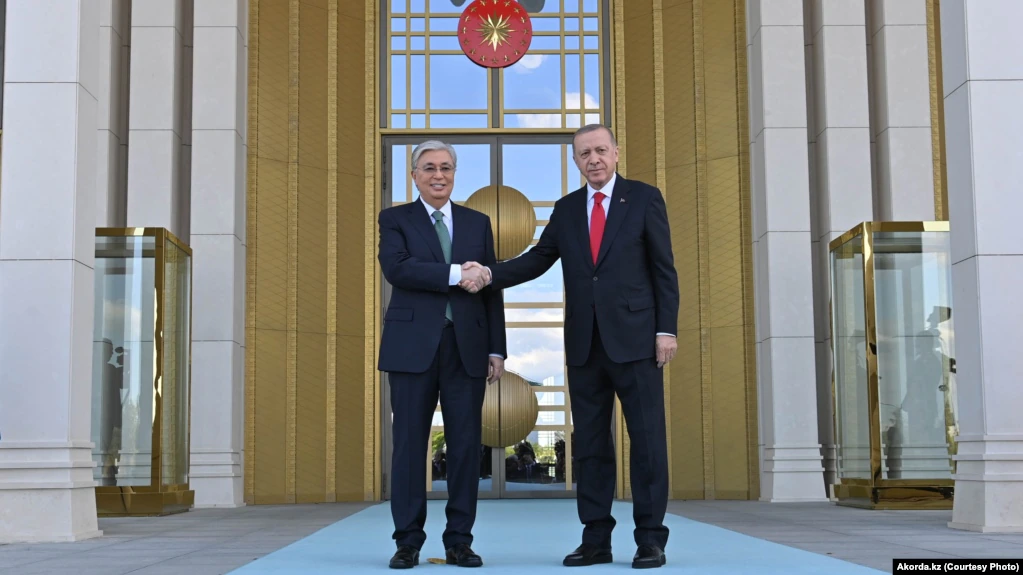 Prime Minister Karim Massimov has been ousted by Kazakhstan’s leader after a flurry of social media activity. There is more to this than meets the eye.
Prime Minister Karim Massimov has been ousted by Kazakhstan’s leader after a flurry of social media activity. There is more to this than meets the eye.
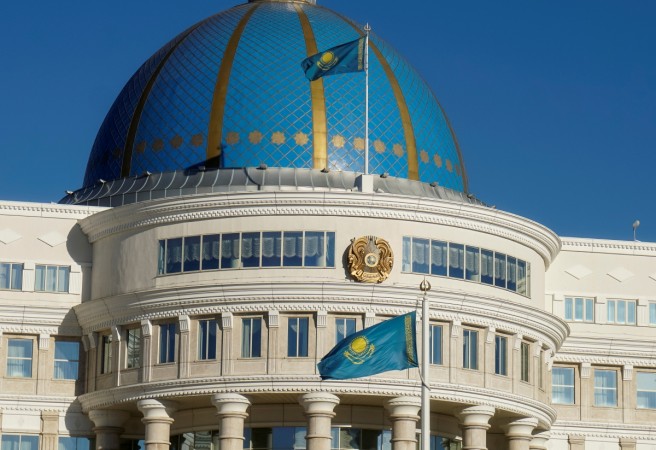 A weakening economy has triggered top-level changes in oil-rich Kazakhstan by President Nursultan Nazarbayev.
A weakening economy has triggered top-level changes in oil-rich Kazakhstan by President Nursultan Nazarbayev.


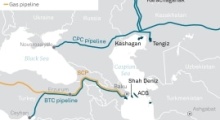


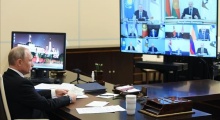

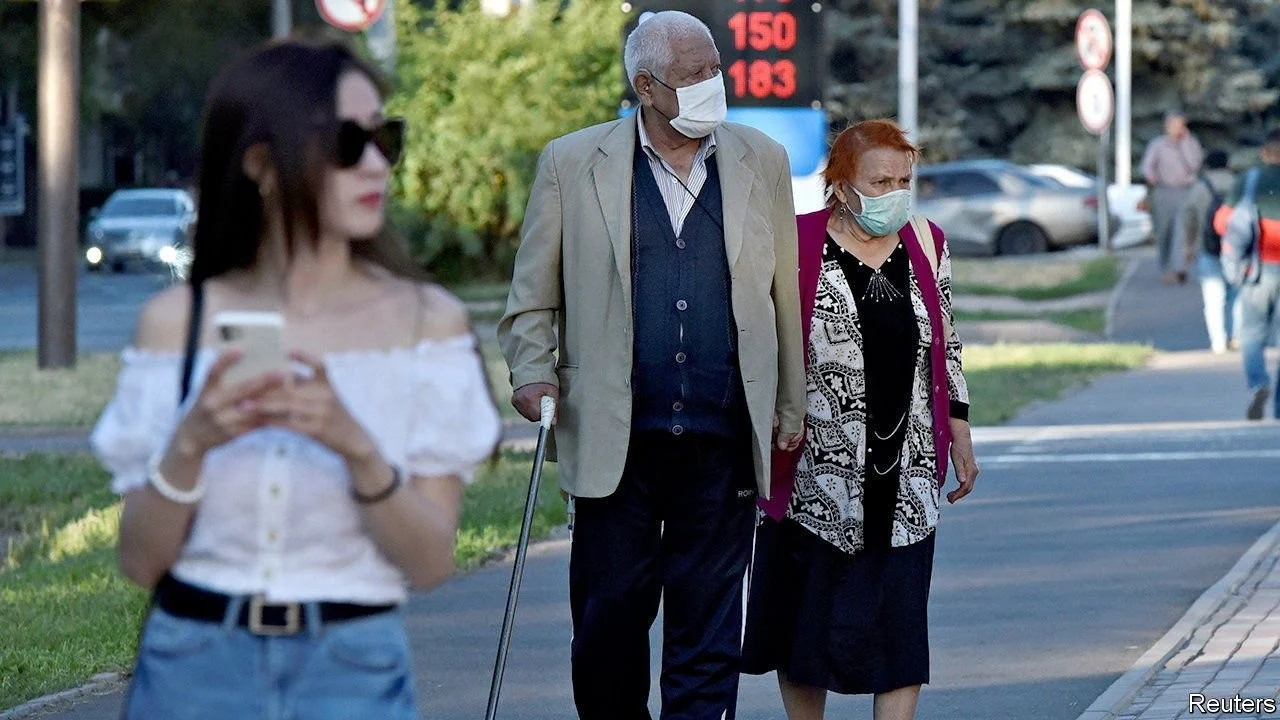
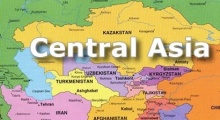
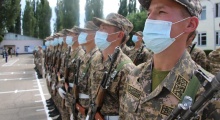

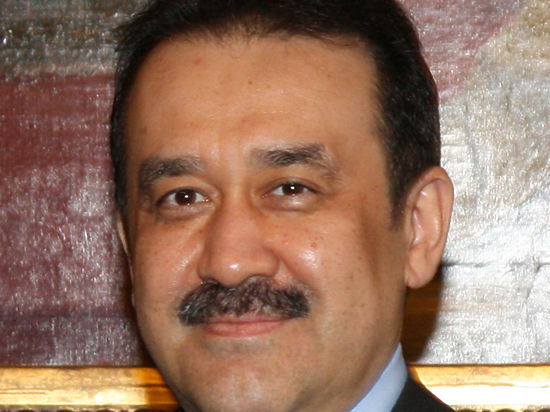 The latest shift in Kazakhstan’s highest echelons of state power has almost immediately led to speculations concerning the eventuality that the head of state, now 76, but apparently still in good health as opposed to his ailing peer in Uzbekistan, is preparing the ground for his succession.
The latest shift in Kazakhstan’s highest echelons of state power has almost immediately led to speculations concerning the eventuality that the head of state, now 76, but apparently still in good health as opposed to his ailing peer in Uzbekistan, is preparing the ground for his succession.
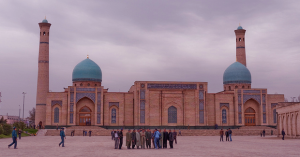 Succession plans are a serious political vulnerability for the ageing leaders of Central Asia. With the death of President Islam Karimov announced in Uzbekistan on 2 September, cloak-and-dagger intrigues are now seriously underway in Tashkent. Who might succeed Islam Karimov as the president of Uzbekistan? And what challenges are they likely to face on taking office?
Succession plans are a serious political vulnerability for the ageing leaders of Central Asia. With the death of President Islam Karimov announced in Uzbekistan on 2 September, cloak-and-dagger intrigues are now seriously underway in Tashkent. Who might succeed Islam Karimov as the president of Uzbekistan? And what challenges are they likely to face on taking office?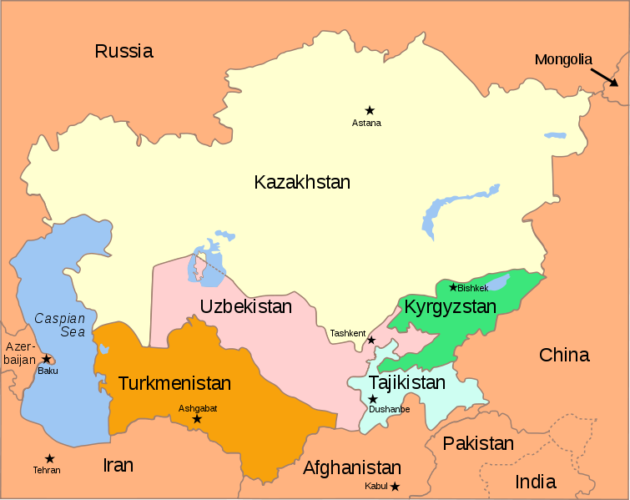 A Series of five articles covers 25 years of independence of all Central Asian republics. All five articles are included in this one piece of writing to give a background of Soviet Socialist Republics (SSRs) so readers can understand circumstances new states went through after disintegration of former Union of Soviet Socialist Republics (USSR).From Soviet Socialist Republics to Independent States: A story of Central Asia
A Series of five articles covers 25 years of independence of all Central Asian republics. All five articles are included in this one piece of writing to give a background of Soviet Socialist Republics (SSRs) so readers can understand circumstances new states went through after disintegration of former Union of Soviet Socialist Republics (USSR).From Soviet Socialist Republics to Independent States: A story of Central Asia
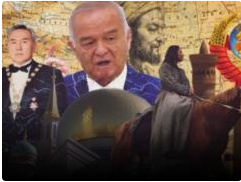 Middle Ages in Central Asia - it's not the Middle Ages in Europe. While in Europe, blaming the Inquisition, burned at the stake scholars and their books in the quiet of the Asian palaces worked hundreds of luminaries of science, brought fame to themselves and their rulers.
Middle Ages in Central Asia - it's not the Middle Ages in Europe. While in Europe, blaming the Inquisition, burned at the stake scholars and their books in the quiet of the Asian palaces worked hundreds of luminaries of science, brought fame to themselves and their rulers.
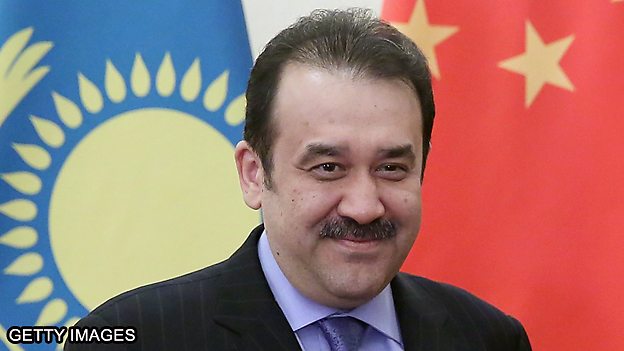 After months of media silence, Kazakh Prime Minister Karim Masimov recently launched a major PR drive. Many analysts are linking the PM's move to the government's new media policy - and a strategy to drown out rivals amid the administration's poor performance. But some journalists see Masimov's campaign as a precursor to a run for president.
After months of media silence, Kazakh Prime Minister Karim Masimov recently launched a major PR drive. Many analysts are linking the PM's move to the government's new media policy - and a strategy to drown out rivals amid the administration's poor performance. But some journalists see Masimov's campaign as a precursor to a run for president.



